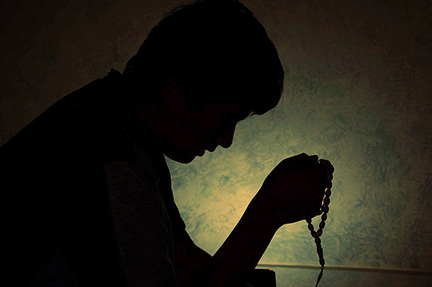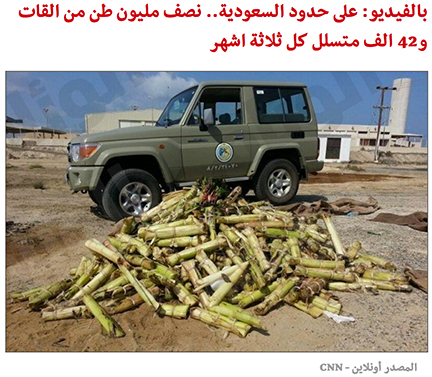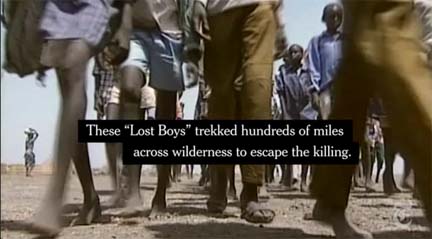
An interview with Tariq Ramadan
Interviewed by Hasan Azad, The Islamic Monthly, April 15, 2015
Hasan Azad: Muslims in the West are facing a great deal of scrutiny and questioning as to their “loyalty†to the countries of their citizenship and belonging. You have argued that the greatest challenge to such rhetoric is a committed citizenship on the part of Muslims that is engaged and contributes to the welfare of the wider community. And yet, there is a prevalent narrative amongst Muslims—which seems to me to be a vestige of old narratives of “us†vs. “themâ€â€”that makes many Muslims prefer to help Muslims in other countries, than help local communities and people in need, who may or may not be Muslim: as you have noted, poverty and suffering knows no religion or creed. How can Muslims reclaim the Prophetic imperative of caring for the neighbor, over and above identitarian-pettiness, which will only exacerbate the waves of Islamophobia that Muslims are experiencing?
Tariq Ramadan: This is what I’ve been saying for almost twenty-five years: we have to come back to the fundamentals and the principles of Islam. Understanding that there is something very important in our way of dealing with space: that anything that has to do with practicing religion has to do with where you are, and it is related to your neighborhood. For example, when the Quran refers to: “Those who, if We settle them in the land, establish prayer and give regular charity, promoting what is good and resisting what is bad†(Quran 22:41), what is important is that with the vertical dimension of prayer it means that when you pray somewhere you signify in symbolic terms, which are also practical, that this is home for you. This is what the sociologist Jocelyne Cesari has argued regarding the misunderstanding started in the West when people saw Muslims building mosques, and saw them as colonizing the space. It was in fact the opposite. It was an acknowledgement that we are home. It’s not to colonize, it’s to settle down, it’s to be part of the landscape.
Continue reading Western Muslims: Belonging to the Narrative







